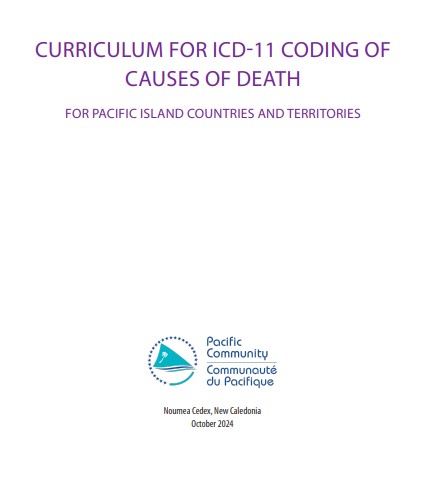Second Ministerial Conference
The Second Ministerial Conference on Civil Registration and Vital Statistics in Asia and the Pacific took place from 16 to 19 November 2021. A core description of the topics of the conference can be found here.
The CRVS community in Asia and the Pacific has reflected on where it stands at the midpoint of the CRVS Decade (2015-2024) during the Second Ministerial Conference. Following this celebration of progress, many of our partners and member countries are leading actions to fill the remaining gaps. To learn more about CRVS in Asia and the Pacific, please subscribe to our newsletter, which offers a monthly panorama of CRVS actions throughout the region Previous editions can be found here. |
The Second Ministerial Conference on Civil Registration and Vital Statistics in Asia and the Pacific took place from 16 to 19 November 2021. A core description of the topics of the conference can be found here.

CRVS Insight brings its readers the most relevant CRVS-related news from around Asia-Pacific.

This course was developed from an online seminar series of the same name, that was hosted by Johns Hopkins University Bloomberg School of Health in 2021-22. The course instructors are Drs. Michelle Kaufman and Tahilin Sanchez Karver.
This course will raise learners' awareness of the necessity of utilizing a gender lens in global public health data, policy, and practice, feature how-tos and key examples of integration of gender in data collection, analysis, and use from Data for Health partners.

The material is aimed at providing guidance for coding of causes of death and establishing mechanisms for its inclusion within a formal training programme in the Pacific region. This curriculum is intended to be delivered as a module with 10 learning areas and updates the previous ICD-10 curriculum drawing on insights also gained through recent training experience.

Newsletter Nov. 2024